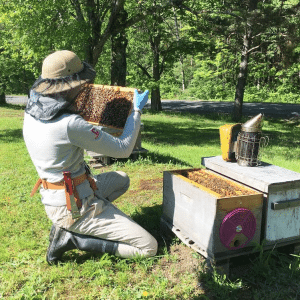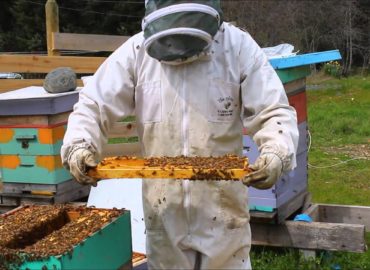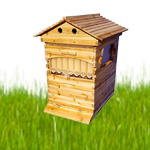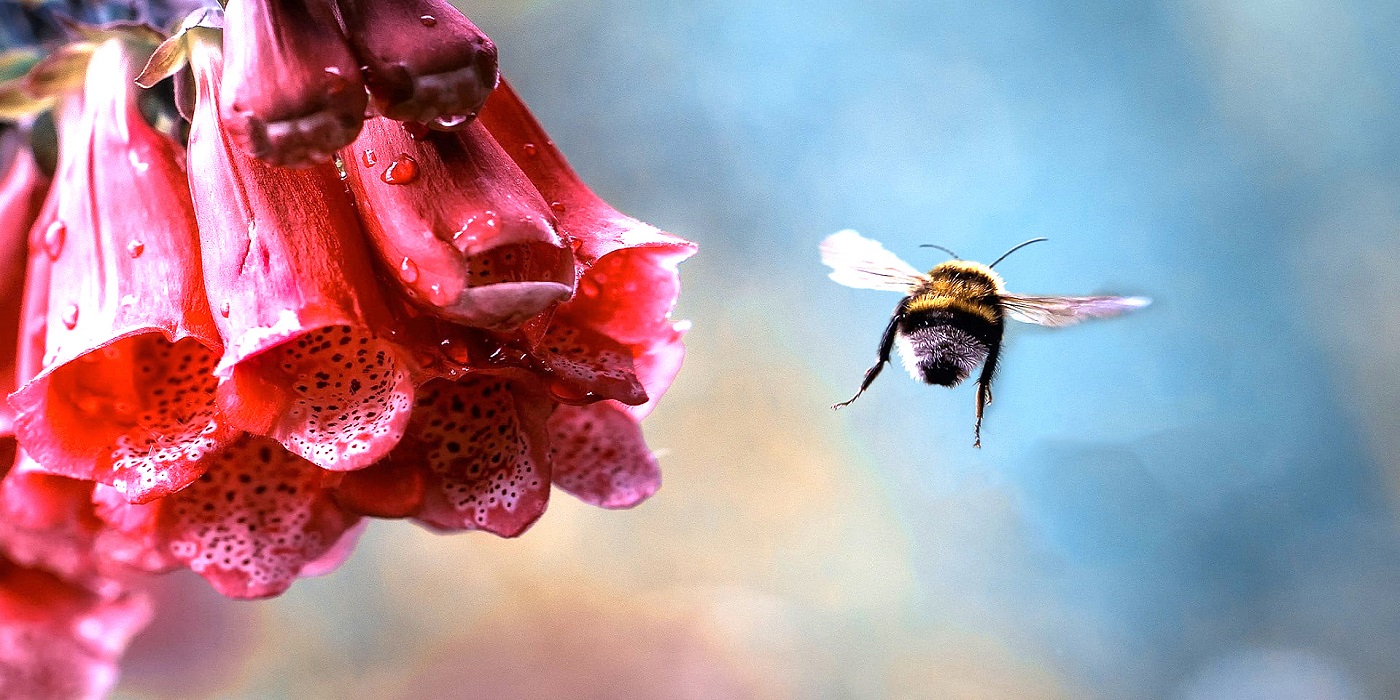

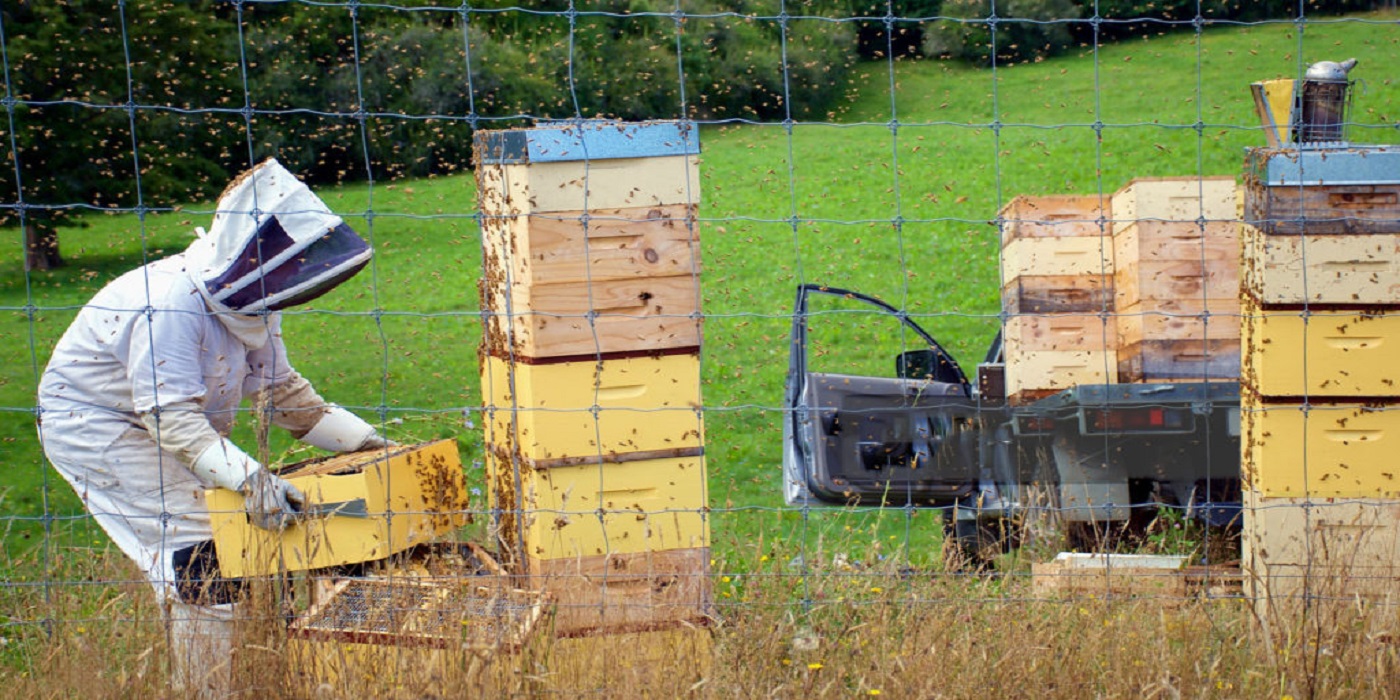
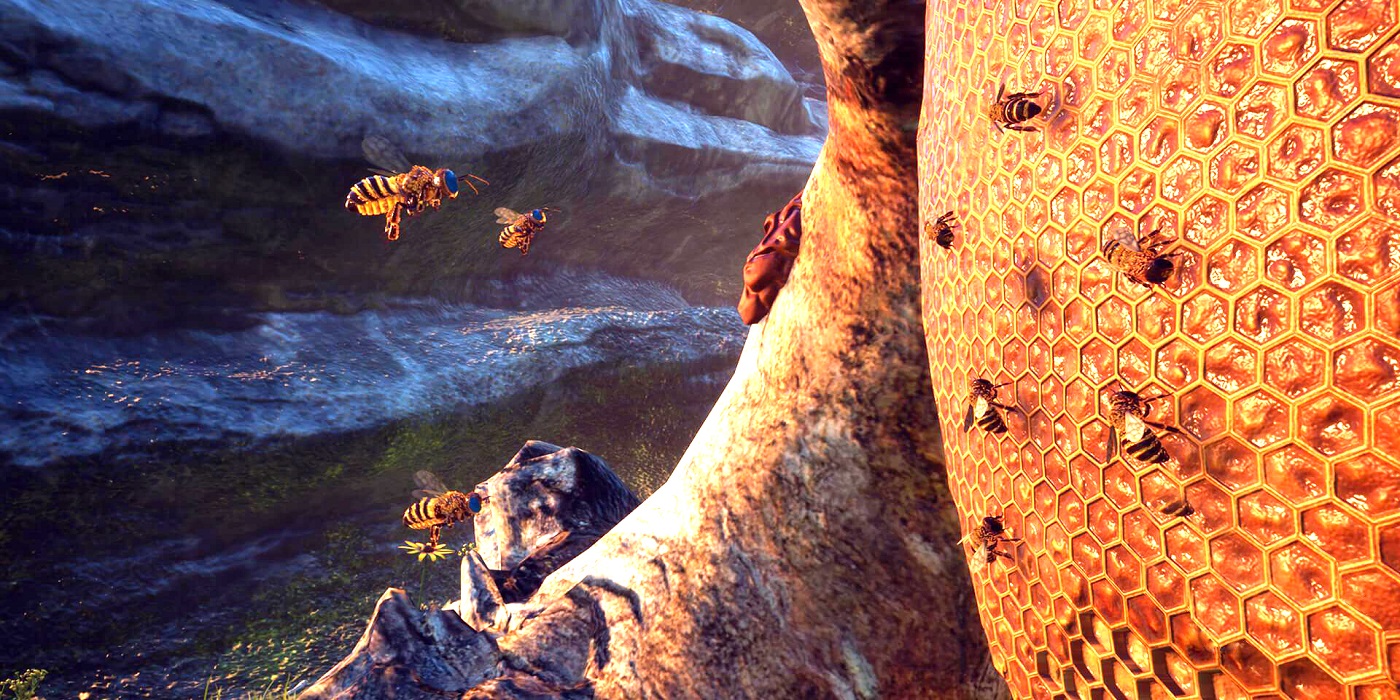

"LET’S HELP THE BEES AND REDUCE HUNGER TOGETHER"
Imagine a grey world without almonds, apples or fragrant flowers…Sounds terrible, right?
Unfortunately, that’s the shocking future we face if we don’t work to help our most precious pollinator: bees. Far from being a niche concern,
bees are at the heart of our survival. One in three bites of food we eat depends entirely on bees – and they are dying out.
Like you, we’re passionate about bee conservation, sustainability and local food.
ABOUT
WELCOME TO ISRAELBEES
We all know that there is a crisis in the world with beehives dying suddenly and unexpectedly… It is estimated that more than three-quarters (75%) of the world’s food crops and close to 90% of all wild flowering plants rely in some measure upon pollination by bees, insects and other animals. Bees, and especially honeybees, play a major role in creating the food we eat .Join the fight to save the bees.

JOIN OUR MAILING LIST
History of israelbees
Ever since the varroa mite arrived from Asia and wiped out the native wild bees, beekeeping in Israel is a constant struggle against the forces of nature and man. The varroa mites and the disease viruses they carry decimate the hives and if not treated in time, eventually cause the death of the hive. Whenever a hive is weakened or dead, then the wax moth moves in and destroys all the wax in the hive, essentially destroying the physical hive itself. During the summer huge hornets attack the hives relentlessly carrying off bees and larvae.
Modern agriculture in Israel uses a large amount of pesticides and herbicides, and too often these chemicals are applied at the wrong time wiping out hives and even complete apiaries in a single day.
Loss of habitat and foraging area means that each hive has fewer sources of nectar and thus collects smaller amounts of honey each year.The seasons in Israel are unlike North America and Europe. The hives are in in danger of dying from starvation both in the winter and in the summer.Forest fires, whether accidental or intentional, also destroy the wild bee populations shrinking the gene pool and numbers of bees.
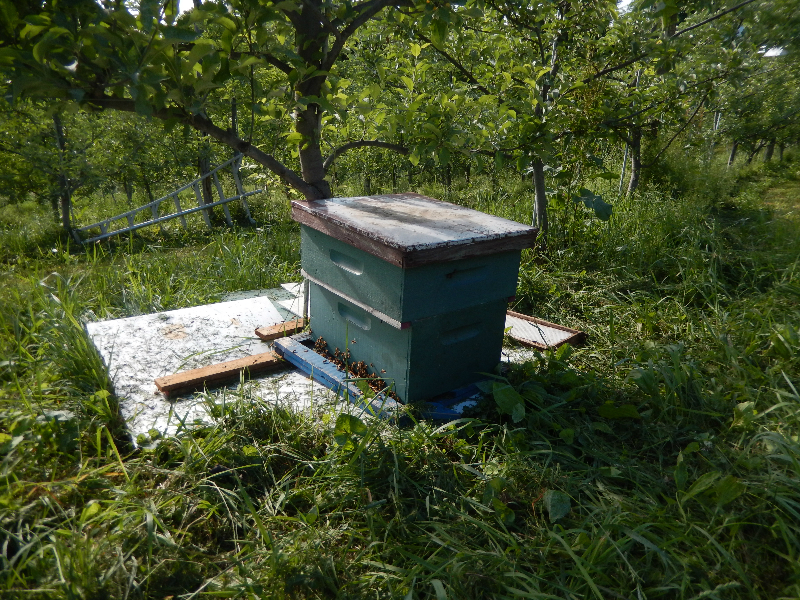
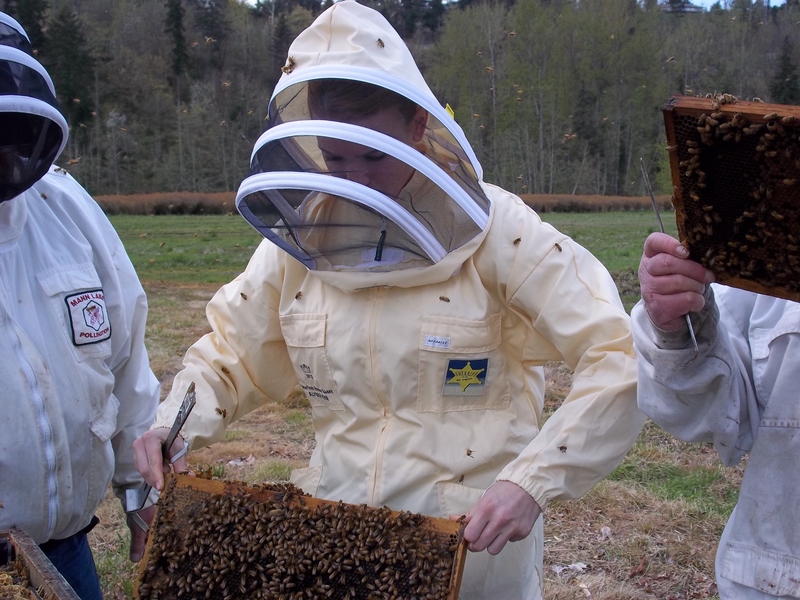
Unfortunately there is also the constant threat of hive robbery and terrorist destruction of the hives from the surrounding Arab population. Recently in Gaza, hundreds of hives were destroyed by the firebomb balloons sent over the border into Israel from Gaza.
The cost to replace a single hive runs more than a thousand shekels for the materials and bees, not counting the labor to build and maintain the hive throughout the year. Beekeepers normally expect their hives to last many years and thus recoup their initial investment over time.
It is estimated that more than one-third of the world’s crop production depends on bees for pollination. Almond trees, one of the earliest blooming trees that heralds the arrival of Tu B’Shvat – the New Year of the Trees, depend entirely on bee pollination. If there are no bees there are no almonds. Even those fruits and vegetables that can pollinate without bees show a remarkable increase in size and quality when bees are around to pollinate them.
what we do
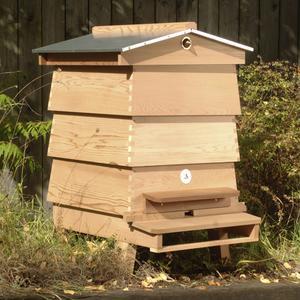
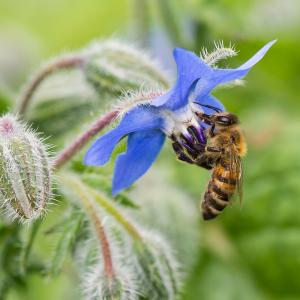
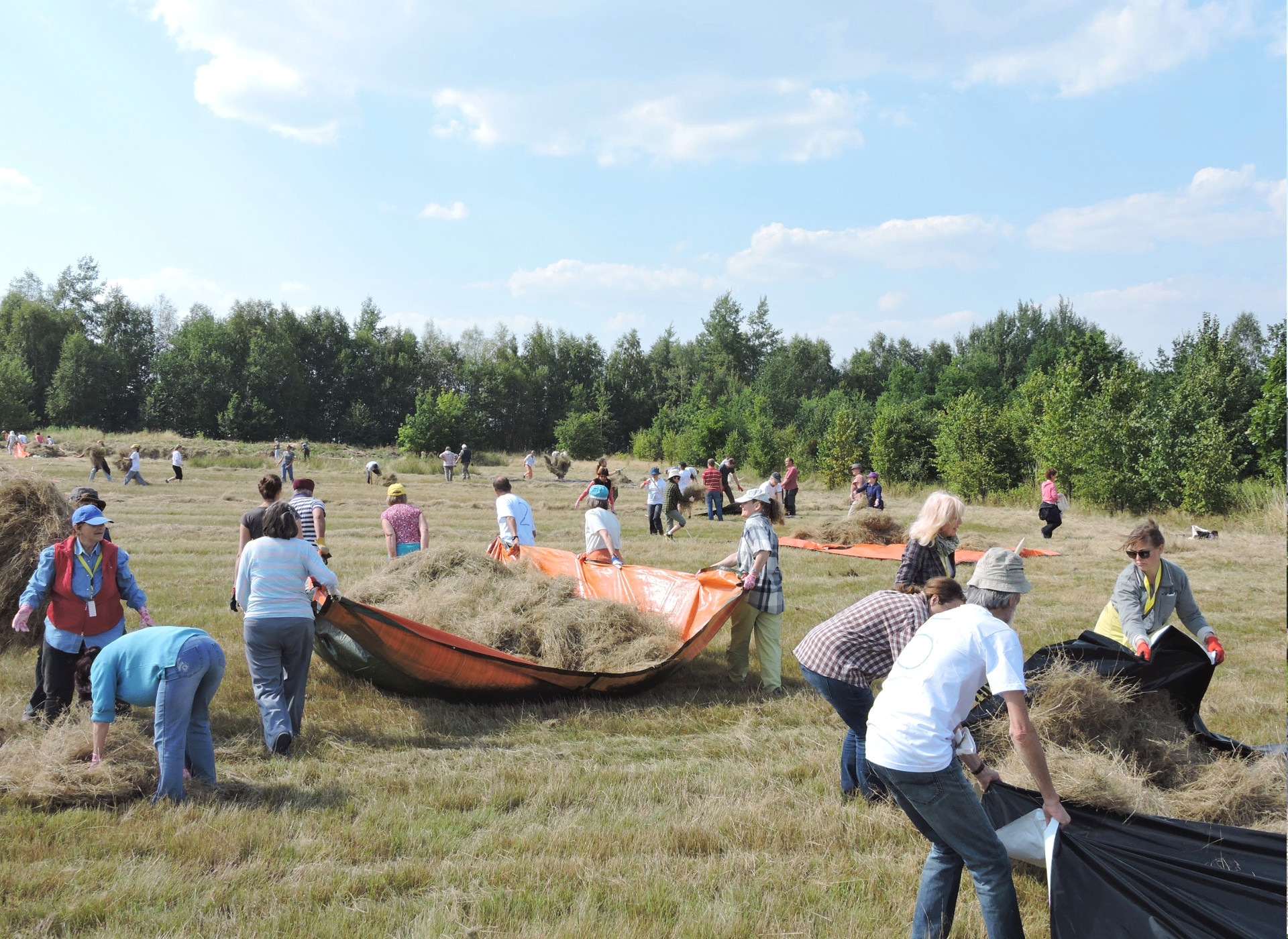
YOUR SUPPORT MATTERS
Everything you do to help build up the Land of Israel is a mitzvah. Jews everywhere have yearned to return to our ancestral homeland. Now you can help make sure that Israel continues to grow and flourish.You can donate for a part of a hive, or a whole hive, or a whole apiary.Click Here to see your donation options.
Every donation receives a certificate that can be for yourself or in honor or memory of a loved one, or a gift for a special occasion. Where appropriate we are also equipping our hives with special temperature and optional weight monitoring equipment that lets you monitor the status of “your” hive year round.
Every donation above a certain size will receive a container of honey shipped directly from Israel to you or someone you choose from one of these donated hives by Rosh Hashana. Certain donations will be entitled to a jar of honey once a year for the next ten years whenever you visit Israel.
Do your part to make Israel sweeter today.
OUR LATEST NEWS
Lost in the Lemon Orchard
We were recently given permission to put some hives in an abandoned lemon orchard by the owner. I took a […]
Non-traditional (horizontal) hives:
While much of the world, including us, uses Langstroth style 8-frame or 10-frame hives, there is a large segment of […]
Splits – making new beehives
Beekeepers can split each of their strong hives into two hives. In Israel, we can do this either in the […]


